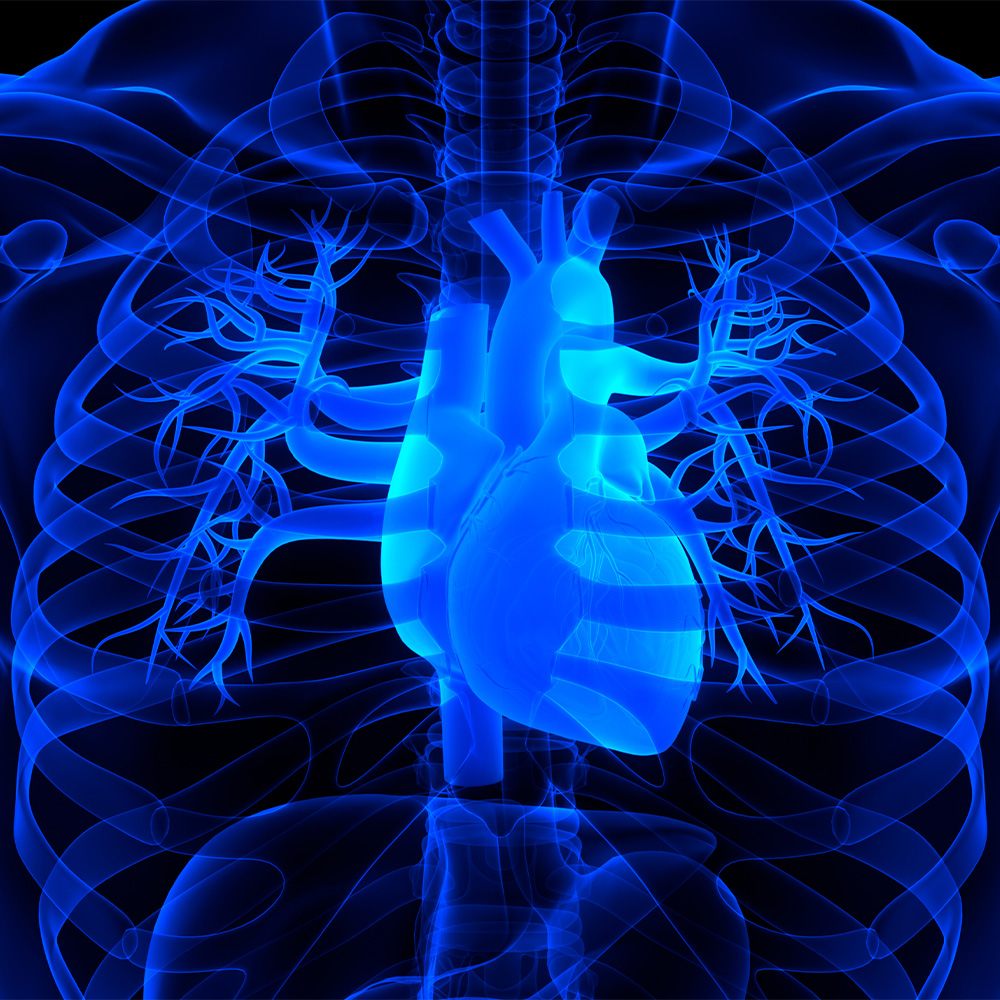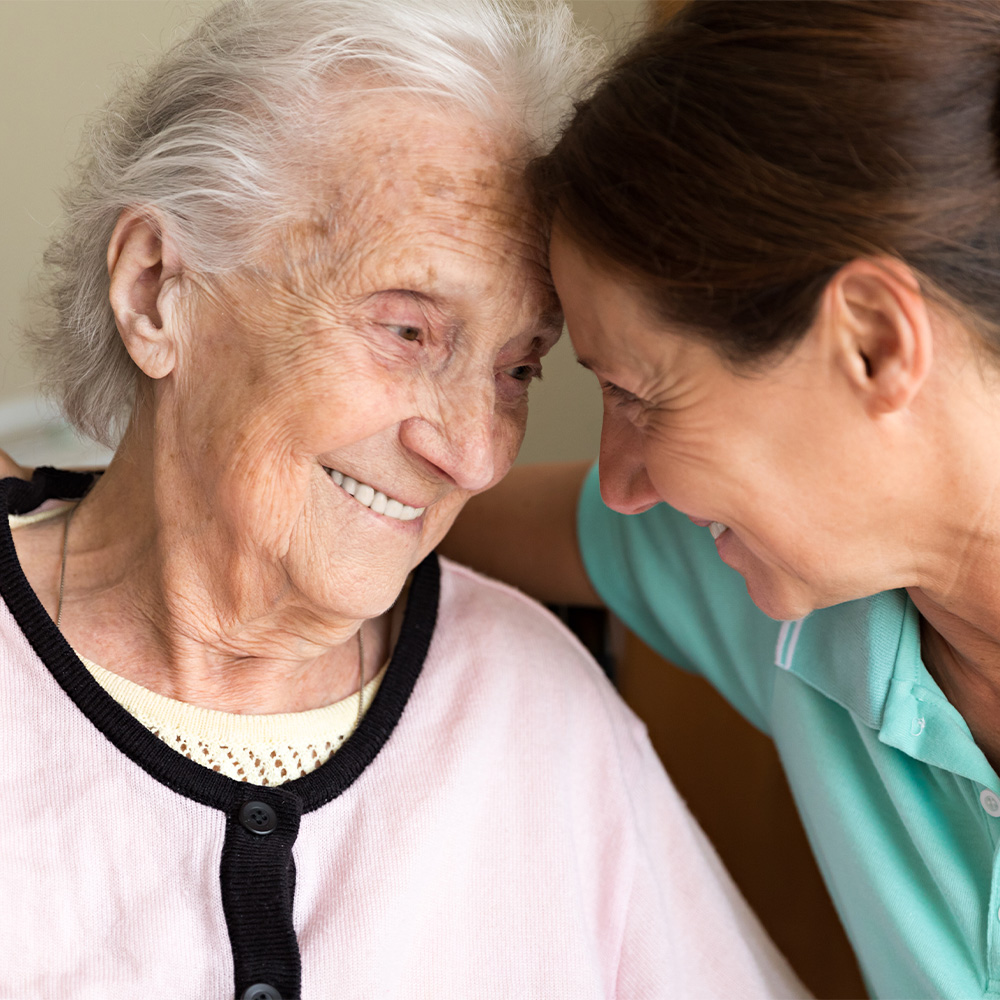Clinics offer medical students invaluable patient interaction

Dallas resident Yithamyily Naranjo had tried various remedies to treat 8-year-old daughter Valeria’s persistent rash, to no avail. On a recent weeknight, she brought Valeria to a free clinic staffed by UT Southwestern medical students and faculty, hoping to ease her daughter’s itching and pain.
“They’ve been trying to help us get Valeria’s problem taken care of,” said Ms. Naranjo, who also joined her daughter in getting flu shots while there. “We’ve tried some things that weren’t successful, so we came back and we’re trying something else.”
Ms. Naranjo, who spoke through an interpreter, called The Monday Clinic at North Dallas Shared Ministries her family’s clinic. “There are no other options for us,” she said, “and we’re very grateful that they’re here.” At this visit, Ms. Naranjo received a topical cream to treat her daughter’s rash.
For many years, UT Southwestern medical students have provided assistance to underserved communities in Dallas. It’s both a labor of love and an opportunity for hands-on experience.
“We see about a half-dozen patients here in an evening,” said Jeffrey Li, medical student and chief manager of The Monday Clinic. “That keeps us busy. It’s an important early clinical experience for us, with the faculty volunteers and volunteers from the Dallas medical community helping us at every step of the way.”
The Clinic, a joint effort of UT Southwestern and North Dallas Shared Ministries, serves a primarily Hispanic neighborhood and is one of several Dallas-area free clinics staffed by UTSW faculty and students. Up to 12 medical students and an attending physician staff each shift. Student managers are all first-year medical students.
At each clinic, student teams interview those seeking assistance, conduct a medical history, and discuss reasons for the visit. Students create a work-up, discuss it with the attending physician, and all meet the patient together. The attending physician performs the physical exam, builds a differential diagnosis, and then recommends medical care. Each evening, attending physicians and students evaluate their work to determine what can be learned, not just about a patient, but about how a clinic should run.
“We do the administrative functions,” said medical student Amber Allen, operations manager at The Monday Clinic, “from creating an electronic medical record to running the tests that need to be run.”
Ms. Allen said that clinic service offers the opportunity “to be a liaison and to interact with a really vulnerable population. That’s been the most rewarding experience for us, I think.”
“It’s a full-on learning situation,” said Kyle Gashler, another medical student and volunteer coordinator. “You’re five months into medical school, and you’ve only recently learned how to draw blood. But you have to do it, and the supervisory assistance – attending physicians, nurses, and volunteers – is so good that you know you can do what needs to be done. I can’t imagine a better way to gain experience.”
Summit participants discuss growth of clinic program
UT Southwestern faculty and medical students who help at student-managed free clinics in the Dallas community gathered recently to discuss how to continue to improve this longtime compassionate act of service – building upon the estimated 3,000 volunteer hours dedicated each year.
At the Free Clinic Committee’s “summit” in November, Dr. Nora Gimpel, Associate Professor of Family and Community Medicine, explained how these clinics help those with limited resources.
“The student-run free clinic experience allows learners to grow as medical professionals,” Dr. Gimpel said. “That experience motivates students to work with the underserved population and care for individual patients in the context of their culture, health status, and health needs.”
In 2016, a grant from the Southwestern Academy of Teachers (SWAT) provided funding to enhance communication among the various student-led clinics and to assist with operations. Clinic services are managed by medical students, under the supervision of faculty and staff volunteers. The clinics include:
- The Monday Clinic at North Dallas Shared Ministries, which assists a mostly Hispanic population
- A multidisciplinary and dermatology clinic at Agape Clinic Dallas
- The American Association of Physicians of Indian Origin Clinic (TIPS), which primarily serves South Asians
- The clinics of the Union Gospel Mission, which serve the homeless at Calvert Place and Center of Hope
At the summit, a panel of faculty, staff, and students discussed the value of student-run free clinics. Panelists included North Dallas Shared Ministries’ Clinic Director Susan Block; fourth-year medical student Jamila Hokanson; Associate Professor of Physician Assistant Studies Patti Pagels; first-year medical student Steve Phan; and Dr. Gary Reed, Associate Dean of Quality, Safety, and Outcomes Education. The discussion was facilitated by Dr. Marc Nivet, Executive Vice President for Institutional Advancement.
“We have struggled with the question of how you give students the experience to practice what they’ve learned in the Academic Colleges, such as doing medical histories and physicals,” Dr. Reed said. “These clinics give students a chance to practice their skills, but patients are helped at the same time. I believe there is great value in that.”
Dr. Reed holds the S.T. Harris Family Distinguished Chair in Internal Medicine, in his honor, and the Eva A. Rosenthal Professorship in Internal Medicine, also in his honor.




